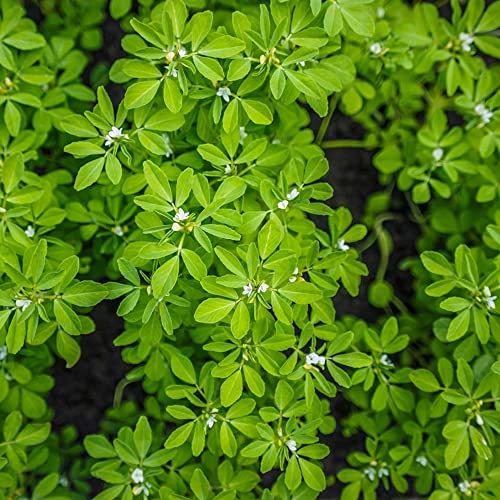
Dhara Seeds
Fenugreek Seeds
1499
Estimated Free Delivery between April 16 and April 19.
Secured Payment Methods
Your transaction is protected with advanced security measures to keep your information confidential
Fenugreek (Trigonella foenum-graecum) is an annual herb native to the Mediterranean region, Western Asia, and South Asia. It is widely cultivated and used for both culinary purposes. Fenugreek has small, green leaves and produces elongated pods containing seeds with a distinct aroma and flavor.














